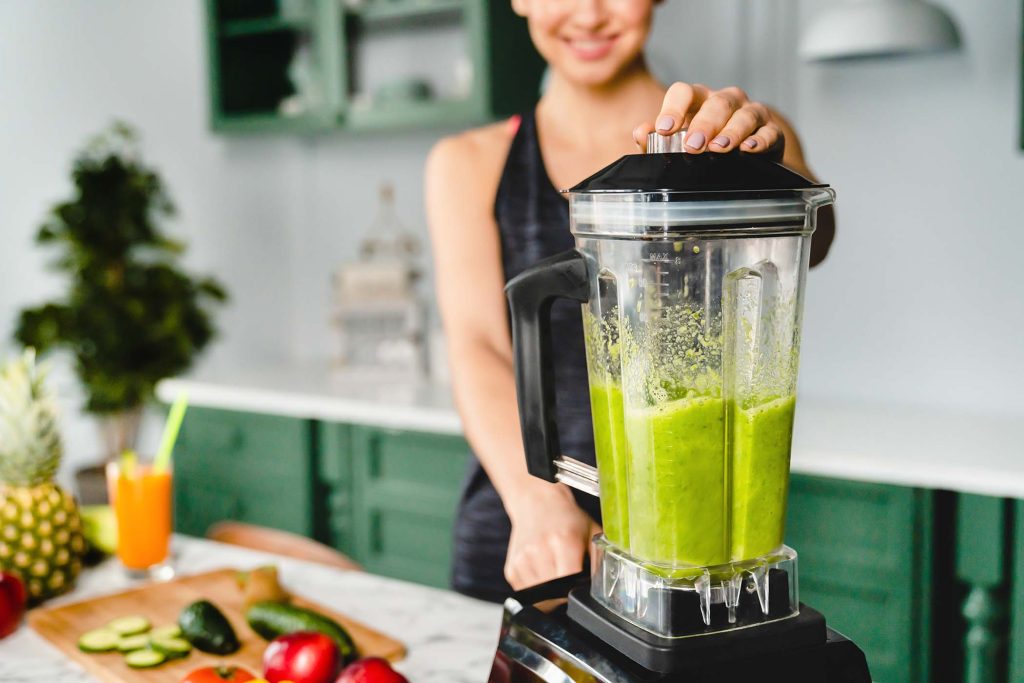How much protein is enough for us in a day?

The recommended daily protein intake varies depending on factors such as age, sex, body weight, activity level, and overall health. The general guideline for healthy adults is to consume a minimum of 0.8 grams of protein per kilogram of body weight per day. However, this is the minimum requirement to prevent deficiency and may not be optimal for everyone.
For individuals who are physically active, athletes, or those looking to build muscle, the protein needs may be higher. It is common for athletes to consume between 1.2 to 2.2 grams of protein per kilogram of body weight per day, depending on their specific goals and training intensity.
Women generally have lower levels of testosterone compared to men, which is a hormone that plays a significant role in muscle growth. This hormonal difference makes it more challenging for women to develop large amounts of muscle mass through weight training alone. Women who do choose to pursue a bodybuilding or powerlifting lifestyle with the goal of building significant muscle mass often incorporate specialized training programs, specific nutrition plans, and sometimes even hormone supplementation.
The recommended daily protein intake varies depending on several factors, including age, sex, body weight, activity level, and overall health. Protein requirements are typically expressed in grams per kilogram of body weight (g/kg).
Here are some general guidelines for protein intake:
- Recommended Dietary Allowance (RDA): The RDA for protein is set at 0.8 grams of protein per kilogram of body weight per day for healthy adults. This is the minimum requirement to prevent deficiency in most individuals.
- Active Individuals: For individuals who engage in regular physical activity, especially those involved in endurance sports or strength training, protein needs may be higher. The range of protein intake for active individuals is often between 1.2 to 2.2 grams of protein per kilogram of body weight per day, depending on the intensity and duration of their exercise.
- Specific Populations: Certain groups may have different protein needs. For example, pregnant and lactating women require additional protein to support the growth and development of the fetus or infant. Older adults may also have slightly higher protein needs to support muscle maintenance and prevent age-related muscle loss.
- Health Conditions: Individuals with certain health conditions, such as kidney disease or liver disease, may have specific protein requirements, and their protein intake may need to be managed under medical supervision.
It’s important to note that these are general guidelines, and individual protein needs can vary. Consulting with a healthcare professional or a registered dietitian is advisable to determine personalized protein recommendations based on specific factors and goals.
Additionally, it’s worth considering that protein intake should be part of a well-balanced diet that includes a variety of nutrient-rich foods, including fruits, vegetables, whole grains, healthy fats, and adequate hydration. The overall dietary pattern, including calorie intake and macronutrient distribution, should be taken into account for optimal health and nutrition.
